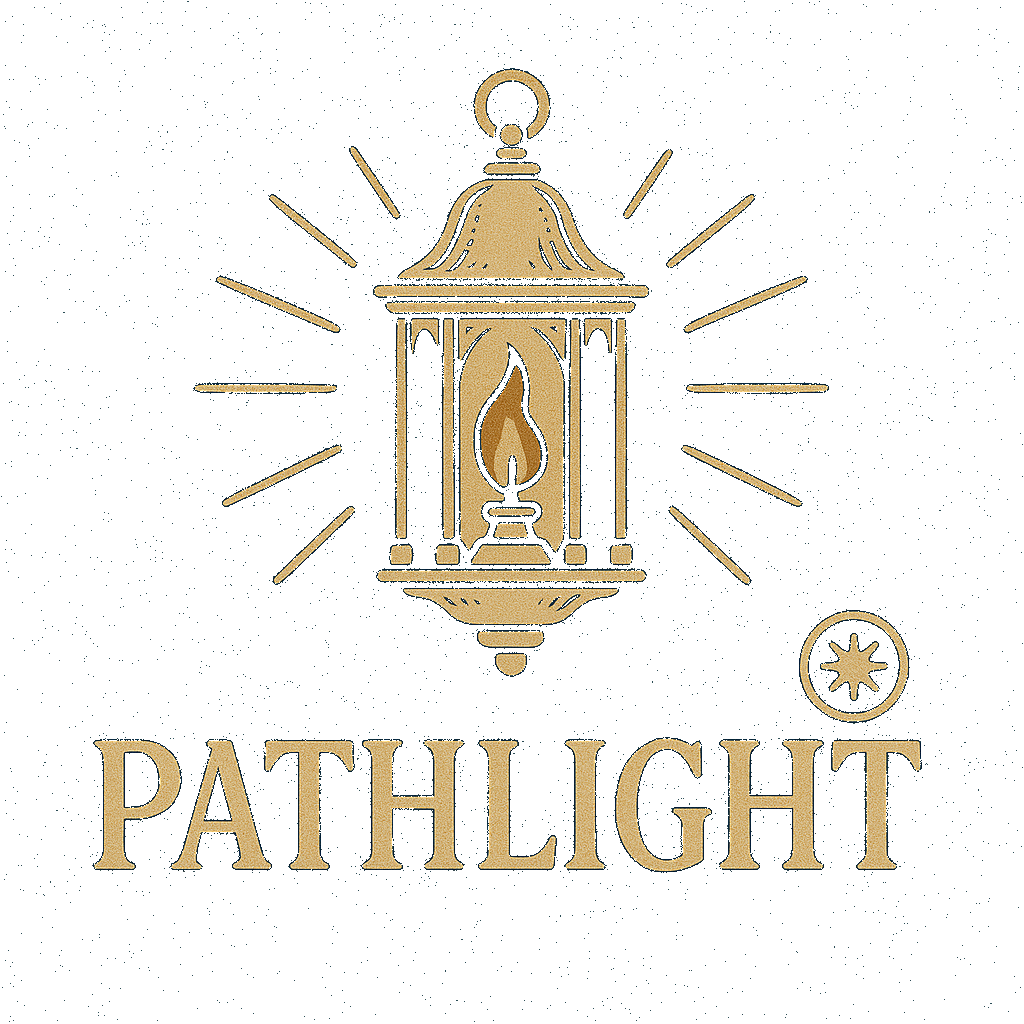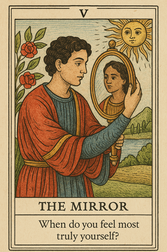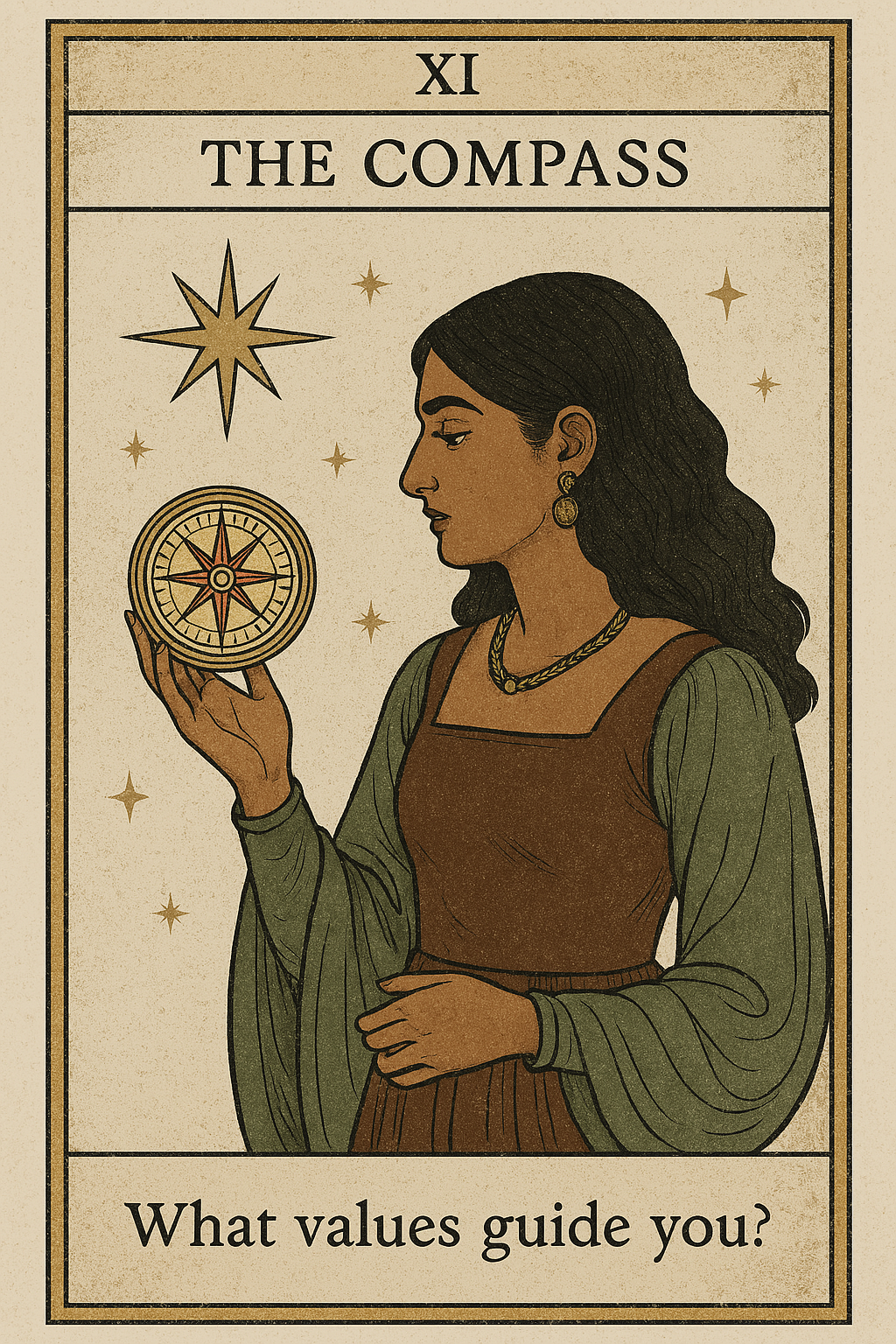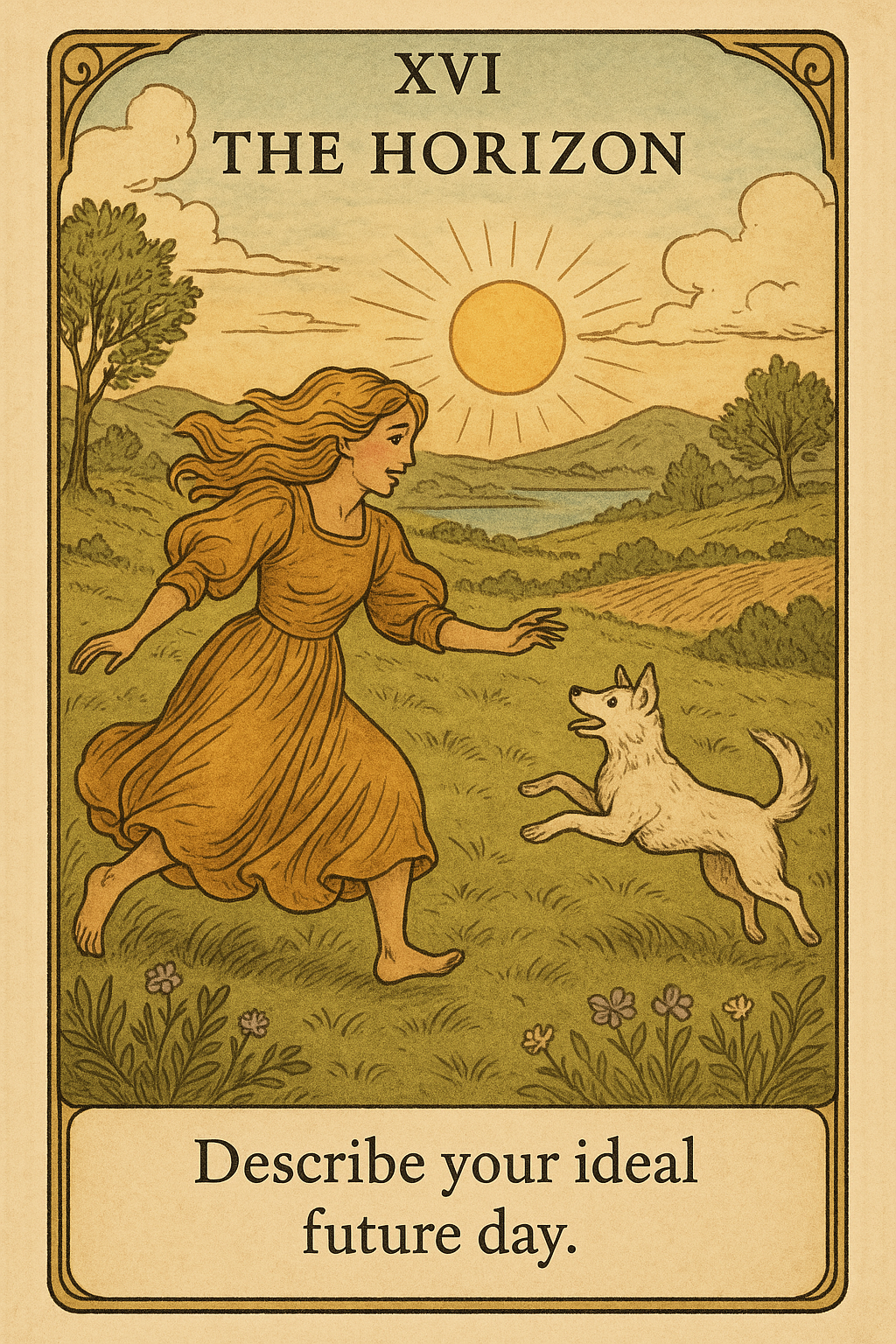The Complete Purpose Discovery Process
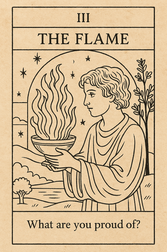
Why Discovering Your Purpose Matters
Before diving into the process, it's important to understand why purpose discovery is so valuable. Research has shown that people with a clear sense of purpose tend to:
- Live longer, healthier lives
- Experience greater happiness and life satisfaction
- Be more resilient in the face of challenges
- Make more meaningful contributions to their communities
- Feel more fulfilled in their work and relationships
Purpose isn't just a nice-to-have; it's a fundamental human need that gives direction to your life and meaning to your actions.
The Purpose Discovery Process
The following seven-step process will guide you through a comprehensive exploration of your authentic purpose. Take your time with each step, and remember that purpose discovery is not a race but a journey of self-discovery.
Prepare Your Environment
Creating the right environment is crucial for deep reflection. Find a quiet, comfortable space where you won't be interrupted. Turn off notifications on your devices and set aside at least 30-60 minutes for this process.
Gather the following materials:
- A journal or notebook
- Pens or pencils
- Optional: calming music, a candle, or other elements that help you feel relaxed and focused
Begin with a few minutes of deep breathing to center yourself. Inhale slowly for a count of four, hold for a count of two, and exhale for a count of six. Repeat this several times until you feel present and centered.
Connect with Your Passions
Your passions are activities that energize you, bring you joy, and make you lose track of time. They're important clues to your purpose.
In your journal, answer the following questions:
- What activities make you lose track of time?
- What did you love doing as a child?
- What topics do you find yourself constantly reading about or discussing?
- If you had a completely free day, how would you spend it?
- What activities make you feel most alive?
Look for patterns in your answers. Circle or highlight recurring themes, activities, or interests. These represent your core passions.
"The two most important days in your life are the day you are born and the day you find out why."
— Mark Twain
Identify Your Strengths
Your natural strengths and talents are another important piece of the purpose puzzle. These are abilities that come easily to you and that you enjoy using.
Answer these questions in your journal:
- What skills or abilities have others consistently complimented you on?
- What do people come to you for help with?
- What tasks or activities do you excel at with minimal effort?
- What strengths did you demonstrate in your proudest accomplishments?
- If you asked five friends what your greatest strengths are, what would they say?
For a more comprehensive assessment, consider taking a formal strengths assessment like the VIA Character Strengths Survey or CliftonStrengths (formerly StrengthsFinder).
Review your answers and identify 3-5 core strengths that feel most authentic to you.
Clarify Your Values
Your core values are the principles that guide your decisions and actions. Your purpose will always align with your deepest values.
Consider the following questions:
- What principles do you refuse to compromise on?
- When have you felt most proud of yourself? What values were you honoring?
- When have you felt most disappointed in yourself? What values were you violating?
- What qualities do you most admire in others?
- If you could instill just three values in your children or loved ones, what would they be?
From your answers, identify 5-7 core values that resonate most deeply with you. Examples might include creativity, justice, connection, growth, service, authenticity, or excellence.
Then, prioritize these values by ranking them in order of importance to you.
Envision Your Ideal Future
Imagining your ideal future can reveal important aspects of your purpose that logical thinking might miss.
Close your eyes and imagine that it's five years from now, and you're living a deeply fulfilling life aligned with your purpose. Visualize this future in detail, then answer these questions:
- What are you doing with your time?
- Who are you spending time with?
- How are you contributing to others?
- What impact are you having?
- How do you feel when you wake up each morning?
- What are you known for?
Write a detailed description of this ideal future as if it's already happening. Use present tense and include sensory details—what you see, hear, and feel in this purpose-aligned life.
Identify World Needs
Purpose is not just about you—it's about how you contribute to something larger than yourself. This step connects your internal exploration with external needs.
Reflect on these questions:
- What problems or issues in the world break your heart or make you angry?
- What changes would you most like to see in your community or the world?
- What groups of people do you feel most drawn to serve or support?
- What causes or issues do you find yourself naturally advocating for?
- If you could solve one problem in the world, what would it be?
Identify 2-3 needs or issues that you feel most strongly about. These are areas where you're naturally motivated to make a difference.
Find the Intersection
Now comes the exciting part—finding where your passions, strengths, values, and the world's needs intersect. This intersection is the sweet spot where your purpose lives.
Draw a large Venn diagram with four overlapping circles labeled:
- What you love (passions)
- What you're good at (strengths)
- What you value (values)
- What the world needs (needs)
In each circle, write the key insights from the corresponding step. Then, look for overlaps and connections between the circles.
In the center where all four circles overlap, write potential purpose statements that integrate elements from each area. Your purpose statement should be:
- Clear and concise (ideally one sentence)
- Inspiring and meaningful to you
- Broad enough to encompass multiple expressions
- Focused on contribution and impact
For example: "My purpose is to use my creativity and communication skills to inspire environmental awareness and action."
Draft several purpose statements, then refine them until you find one that resonates deeply with you. This statement may evolve over time, and that's perfectly normal.
Next Steps: Living Your Purpose
Discovering your purpose is just the beginning. The real magic happens when you begin to align your daily life with your purpose. Here are some next steps to consider:
- Set purpose-aligned goals in different areas of your life
- Create daily practices that connect you to your purpose
- Identify small, immediate actions you can take to express your purpose
- Share your purpose with trusted friends or family members
- Review and refine your purpose statement as you gain new insights
Remember that purpose is not a destination but a journey. Your understanding of your purpose may deepen and evolve over time, and that's part of the beauty of the process.
"The purpose of life is not to be happy. It is to be useful, to be honorable, to be compassionate, to have it make some difference that you have lived and lived well."
— Ralph Waldo Emerson
As you continue on your purpose journey, be patient with yourself and celebrate each step forward. Living with purpose is one of the greatest gifts you can give yourself and the world.
Additional Resources
Purpose Reflection Journal
A downloadable journal with prompts to deepen your purpose exploration.
Download Journal →Values Clarification Exercise
A comprehensive worksheet to help you identify and prioritize your core values.
Access Exercise →Strengths Assessment
A free online assessment to discover your natural talents and strengths.
Take Assessment →